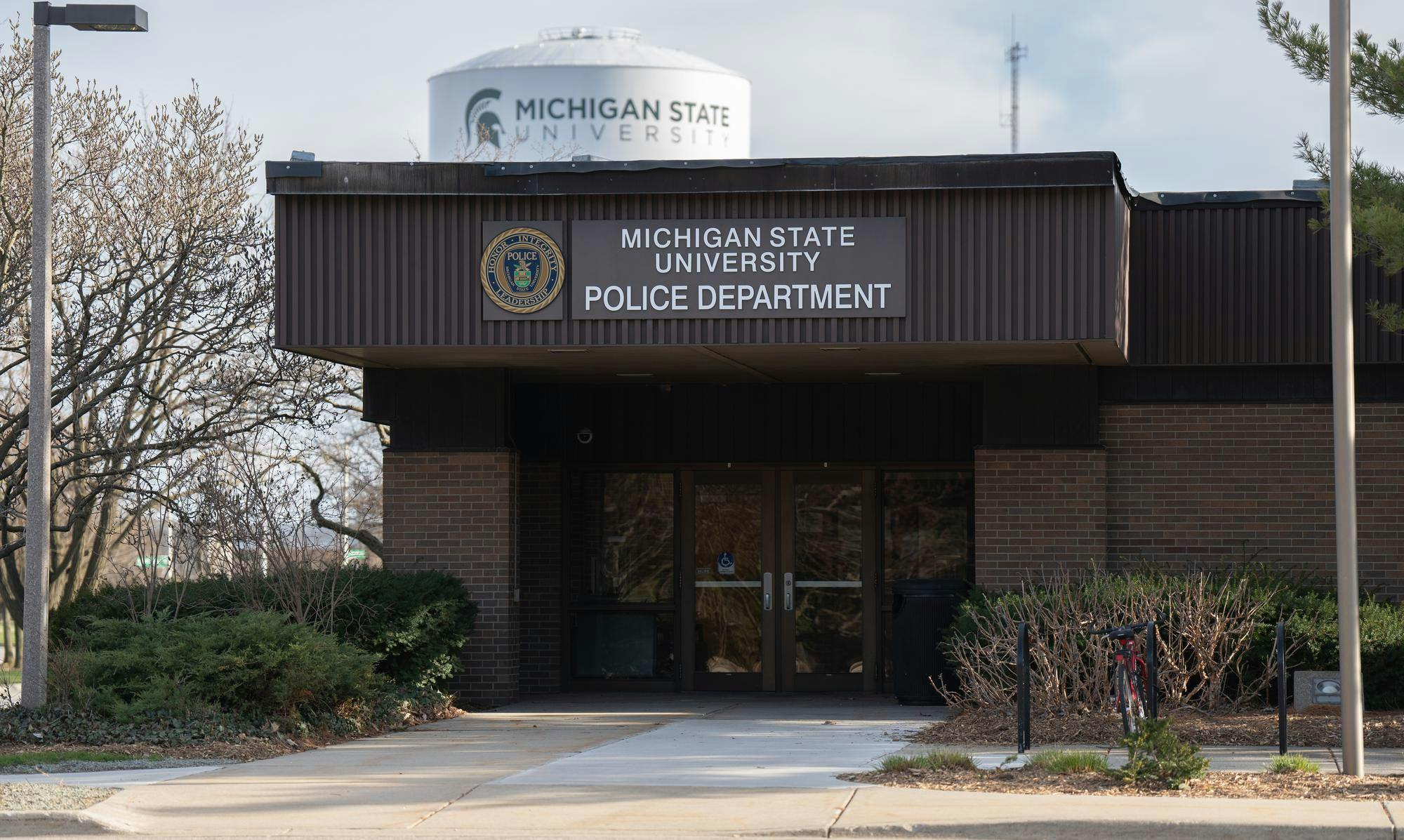With colleges across the nation seeing an influx of call-in threats to their campuses, the pressure is on local law enforcement to ensure the safety of the community.
Michigan State University is no exception. In recent months, MSU’s Department of Police and Public Safety responded to a bomb threat that targeted several major campus buildings and an email that threatened “mass casualties” unless a $100 billion ransom was paid.
Both incidents were quickly found to be hoaxes. But Chris Rozman, MSU’s Chief of Police, said the perceived credibility of a threat doesn’t change whether police respond to it.
“We’re gonna respond 100% of the time,” Rozman told The State News.
A threat’s credibility does, however, determine what police tell the MSU community.
The department has to strike a balance between keeping the community informed and causing unnecessary panic.
Proactively informing the MSU community of non-credible threats risks sending people into a panic for no reason, while withholding information about threats can have the same effect. Students told The State News it was stressful and confusing to see a heavy police presence on campus in March following a hoax bomb threat without information from police to explain what was going on.
Rozman said that police will only send out a campus-wide emergency alert if a threat is deemed credible.
“What we want our community to know through education and trust building is that if their safety is in jeopardy at that level, then we're gonna notify them,” he said. “If you see police at your building, but you haven't received an alert, then it hasn't risen to that level.”
Police will sometimes opt for a press release or messaging on social media if they see community concern about a situation they know isn’t credible, Rozman said.
Thankfully, deciphering whether a threat to campus has any veracity is “pretty clear-cut,” Rozman said.
Looking for indicators that a caller isn’t familiar with the MSU area can be a clear giveaway of a hoax, Rozman said. Many hoax threats come from outside the state or even country, as was the case for the $100 billion ransom threat in May.
The ransom threat made a reference to a campus shooting that killed three students and injured five, but it got the date wrong.
Rozman said a caller once made a threat to a building they referred to as “the Brady complex,” a mispronunciation of a well-known group of dormitories.
“Everybody here knows it's the Brody complex, right?” Rozman said. “They're looking at Google Maps and they're mispronouncing the name of a building or a street. That really indicates to us that they're just not familiar with the area, potentially, and they're not from the area.”
Sometimes threats are called in through an unknown or altered phone number, another indicator the caller is attempting to obscure an international number. Or, calls will come in through MSU’s administrative line, which can mean the caller can’t automatically connect to Ingham County’s 911 dispatcher from their location, Rozman said.
Other times, dispatchers hear typing on the other end of the line, which can mean the caller is Googling answers to specific police questions they wouldn't know the answers to unless they lived in the area.
The volume of calls also tells a lot about whether the threat is actually happening, Rozman said.
On Feb. 13, 2023, when a gunman shot students in two MSU buildings, police immediately received an influx of callers giving the same account of what was happening.
A week prior to the MSU shooting, Okemos High School was evacuated after a single caller claimed students were shot inside. It was quickly found to have been a hoax, one that more than half a dozen Michigan schools received that same day.
Support student media!
Please consider donating to The State News and help fund the future of journalism.
Rozman said MSU receives around three significant threats a year.
“As the chief, I will provide assurance that we will notify our community if there's a significant, credible threat that our community needs to be aware of,” Rozman said. “We stand committed to the safety of our community, day in and day out.”
Discussion
Share and discuss “How MSU Police determine whether threats to campus are credible” on social media.







